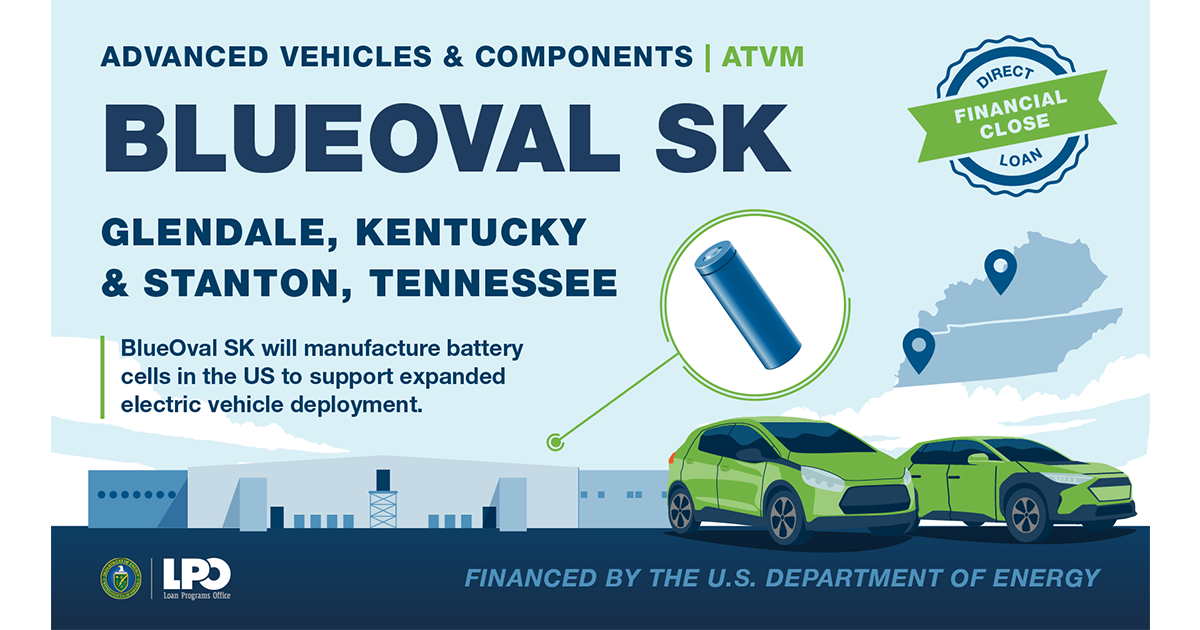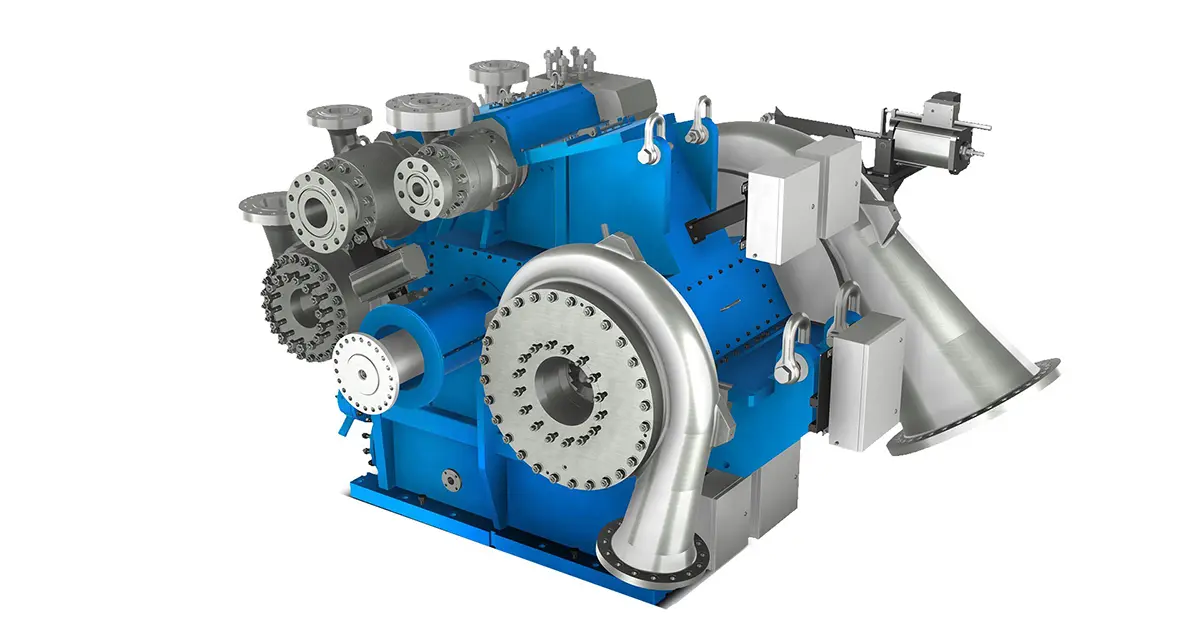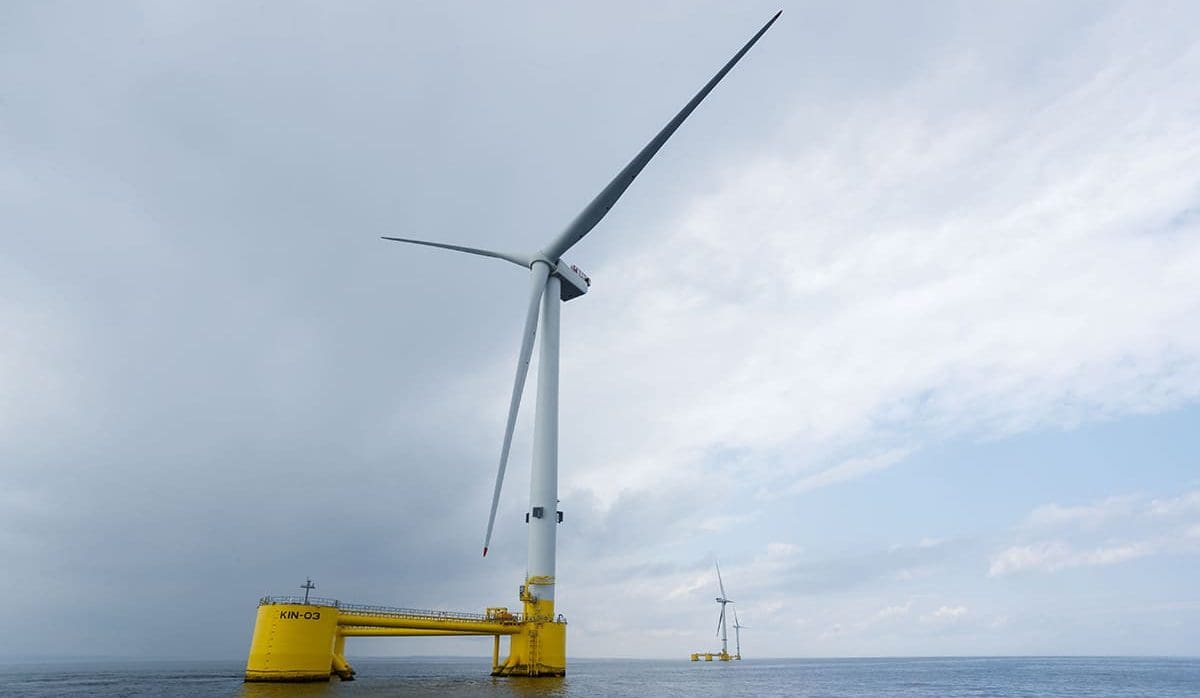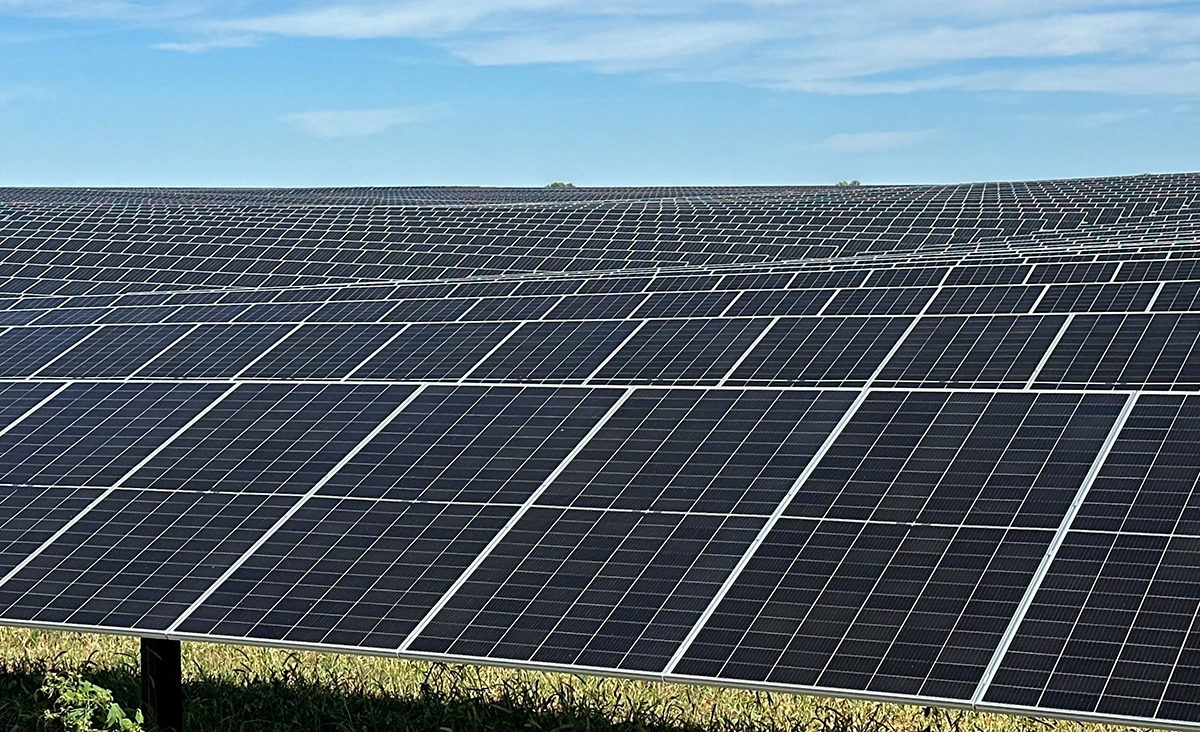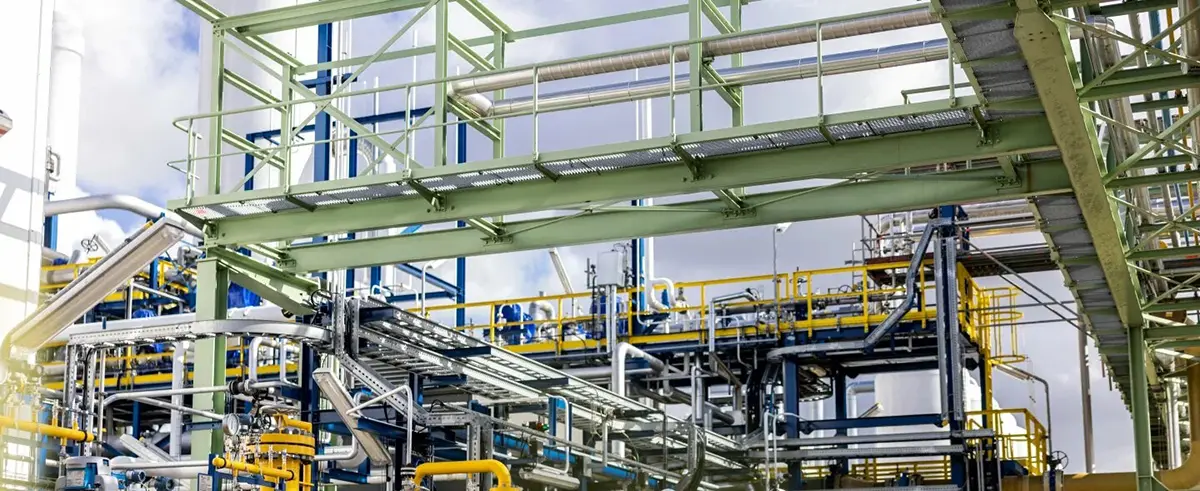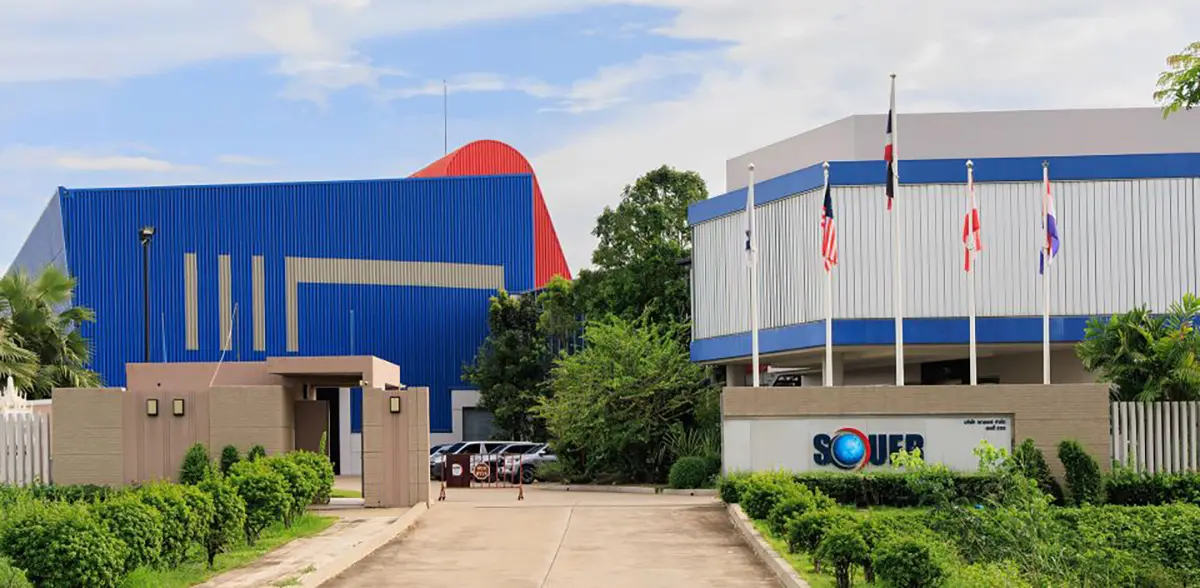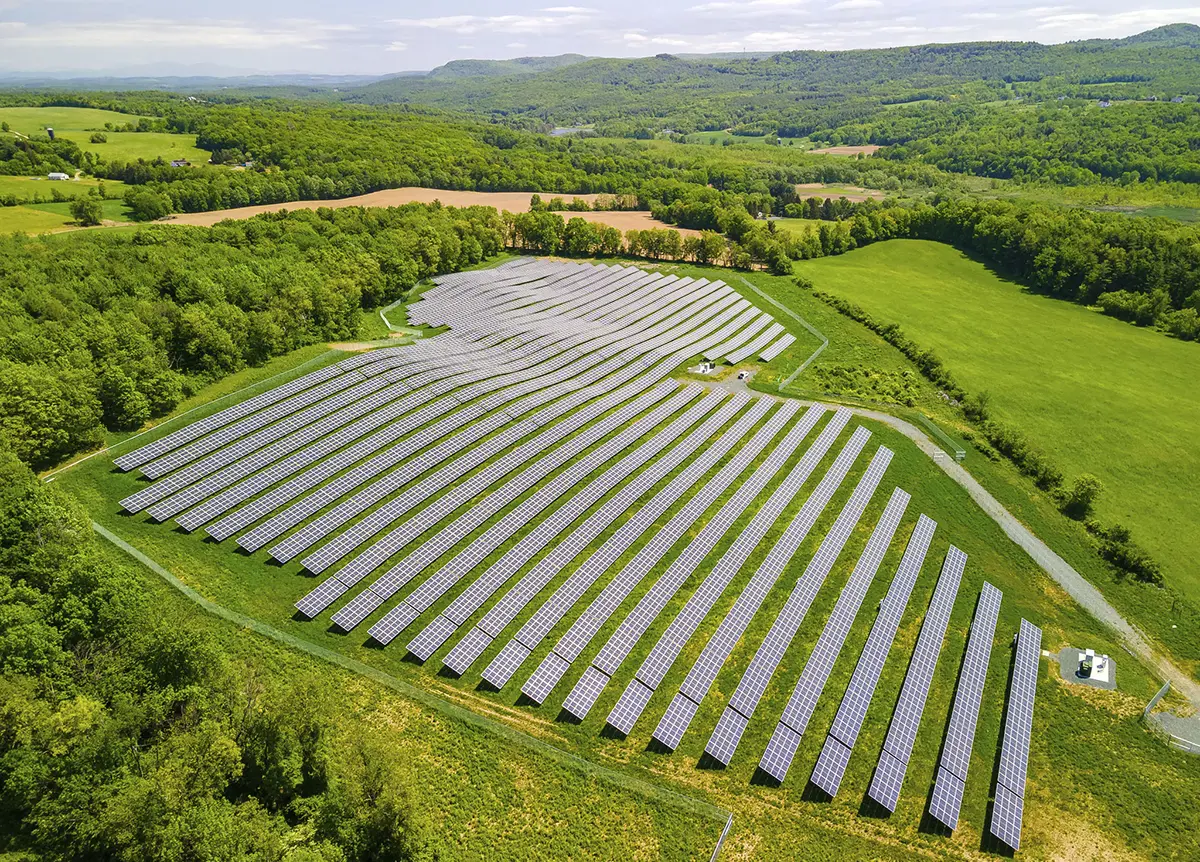
Germany To Study Underground Hydrogen Storage
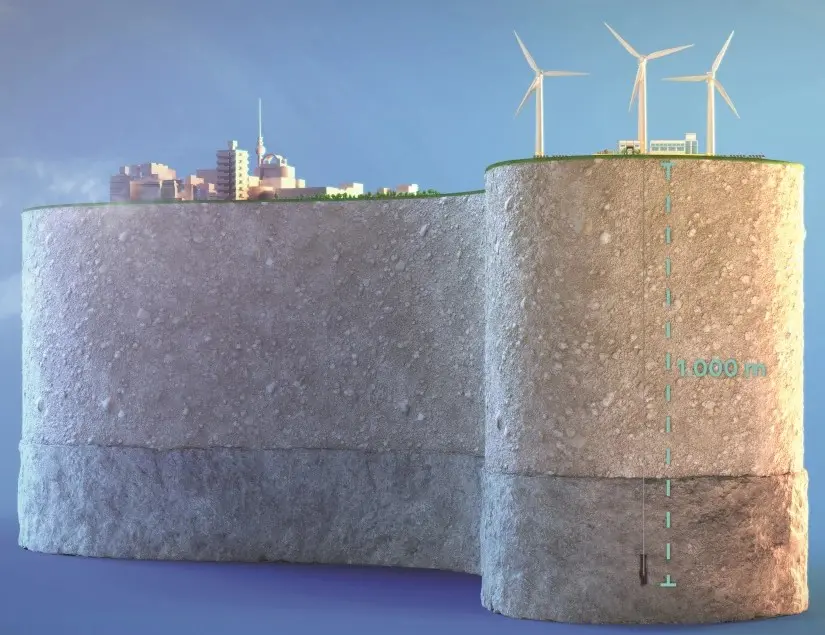
EWE AG has begun construction of a test cavern for the storage and relocation of hydrogen. Located in Rüdersdorf, Germany, the cavern will have a capacity of 500 cubic meters. Up to 6 tonnes of hydrogen can be stored there upon completion in spring 2022.
The test cavern is part of HyCavMobil (Hydrogen Cavern for Mobility), a research project that examines whether hydrogen can be stored in salt caverns and then used for fuel cell mobility.
German Aerospace Center (DLR) is overseeing the project. According to DLR, hydrogen will become an elementary energy carrier as part of the energy transition that is increasingly important in integrating Germany’s mobility, heat, and electricity sectors. The HyCavMobil project is examining long-term storage facilities for hydrogen.
The conditions under which pure hydrogen can be stored in caverns will be tested through the HyCavMobil project, pure hydrogen will be injected into and withdrawn from the EWE test cavern under controlled conditions, while various aspects of the hydrogen will be examined related to the impact of pressure and temperature as well as the materials used. In question is whether the hydrogen still meets the high quality and purity requirements of fuel cell mobility even after it has been removed from the cavern, and how suitable gas conditioning can take place if necessary.
The Urban and Residential Technologies and Energy Systems Technology departments from the Institute of Networked Energy Systems are involved in the project. The research tasks include material tests, ensuring hydrogen quality, and integrating a hydrogen cavern into existing energy systems.

